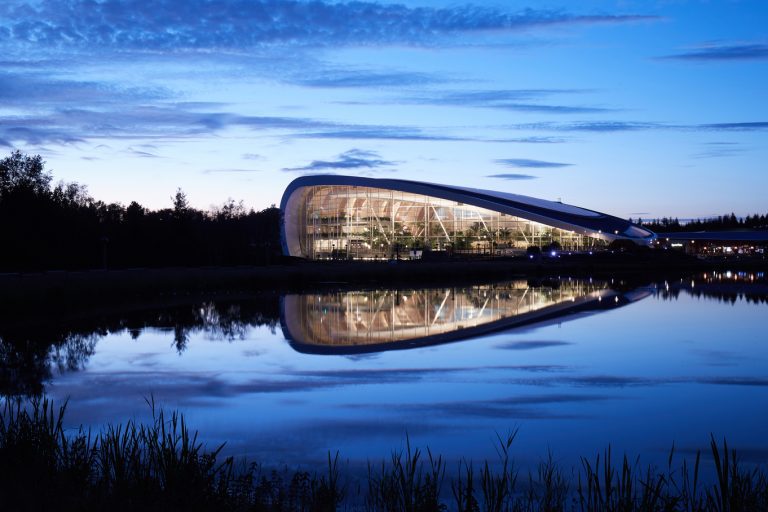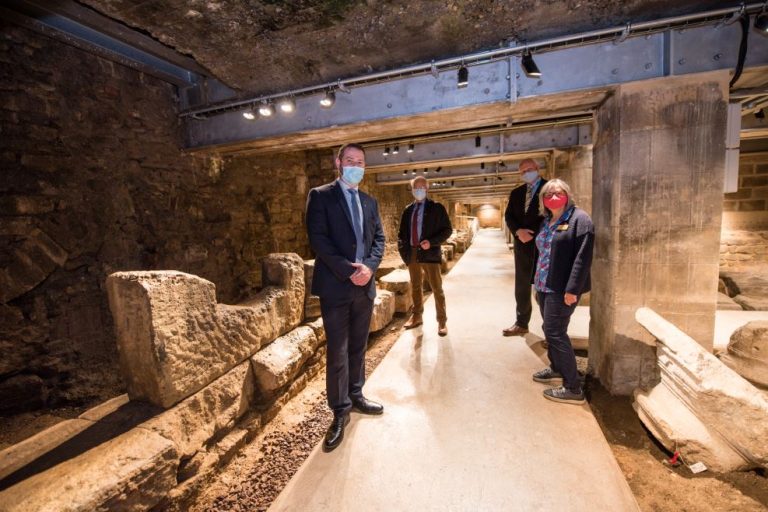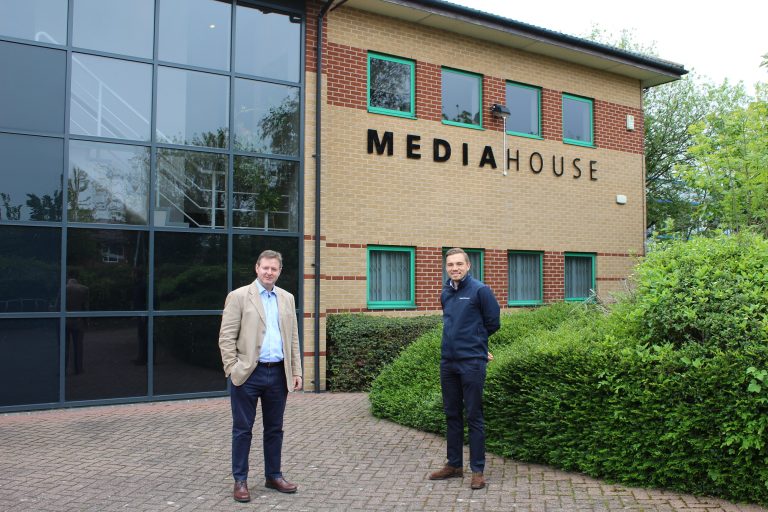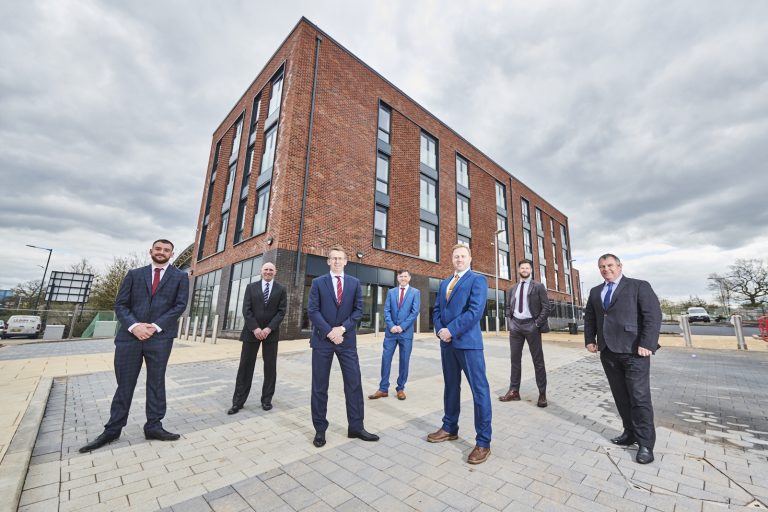Leading UK conservation specialist, DBR, restores the Palace of Westminster’s iconic 19th century flooring to its original splendour The Palace of Westminster was built during the Middle Ages as a royal residence to a number of famous—as well as infamous—monarchs. Over time, it became a meeting place for the first members of Parliament, and the first official Parliament of England, or “Model Parliament”, conjugated there in 1295. During the reign of King Henry VIII, a fire ravaged through the royal apartments, followed by an even greater fire three centuries later, which destroyed the rebuilt Houses of Parliament. Only a few notable rooms and structures survived, including Westminster Hall, Cloisters Court, the Chapel of St Mary Undercroft and the Jewel Tower. Only the very best would do when it came to restoring the affected areas. Celebrated architect, Charles Barry, who was known for his use of Italianate architecture, was selected to bring the landmark back to its former glory. Enhancing Parliament’s Encaustic Tiles: A Decade-Long Journey Leading UK conservation specialist, DBR, restores the Palace of Westminster’s iconic 19th century flooring to its original splendour The Palace of Westminster was built during the Middle Ages as a royal residence to a number of famous—as well as infamous—monarchs. Over time, it became a meeting place for the first members of Parliament, and the first official Parliament of England, or “Model Parliament”, conjugated there in 1295. During the reign of King Henry VIII, a fire ravaged through the royal apartments, followed by an even greater fire three centuries later, which destroyed the rebuilt Houses of Parliament. Only a few notable rooms and structures survived, including Westminster Hall, Cloisters Court, the Chapel of St Mary Undercroft and the Jewel Tower. Only the very best would do when it came to restoring the affected areas. Celebrated architect, Charles Barry, who was known for his use of Italianate architecture, was selected to bring the landmark back to its former glory. He chose the talented Gothic Revivalist, Augustus Welby Northmore Pugin, to focus on the decorative elements, including the iconic encaustic tiles, the name of which derives from the Greek word meaning ‘burnt in’, or in this specific context, ‘inlaid’. As an iconic feature of the building’s interiors, looking after the Palace’s tiling became a constant task, and they were continually laid and changed as they became worn or damaged. In 2010, leading UK conservation specialist, DBR, was commissioned to carry out a whole panel replacement trial in a section of St Stephens Hall using a mixture of salvaged and new tiles provided by Craven Dunnill Jackfield. After the trial’s success, the company’s talented stone masons continued the encaustic conservation project throughout the Palace from 2013 until the end of May this year, when restoration of the entire 1500 square-metre space, comprising a staggering 50,000 tiles, was finally completed. Laying the ground for success Introduced at the beginning of the 13th century from France, encaustic tiles became popular in abbeys and royal palaces. As principle architect on the current Palace, Barry had suggested the floors of several Halls, Galleries and Corridors within the building be composed of this prestigious material, embellished with spectacular heraldic symbols. As a public building, heavy footfall, mechanical issues and WWII bomb damages inevitably caused major wear and tear to the flooring over the centuries, leading to the loss of colour and grip. To add yet another complication, Thomas Minton & Sons, the renowned ceramics company and official producer of the encaustic tiles, ceased its production in the 1960s. This meant any tiles manufactured for repairs after this date came from various sources, which couldn’t match the originals. Therefore, a more permanent solution was needed. Rising from the ashes, straight to the challenge When DBR was commissioned by Strategic Estates to undertake this monumental project, its heritage experts realised just how extensive the replacement of tiles had been over the decades. In the late 1970s and early 1980s, as well as trial areas laid in 1998 and 2004, the inconsistency in artwork quality, and reproduction of the original designs, disrupted the continuity of pattern across the floor. Further, replacement tiles used in the latter half of the 20th century were around half the thickness of the Minton originals. The original 25mm tiles were laid in soft mortar and could accommodate movement without cracking, whereas the 20th century ones, at 13mm thick, were designed to be laid on a hard mortar bedding as a floor finish and, as such, were less robust. ©UK Parliament/Jessica Taylor Lastly, previous temporary repairs were carried out using coloured epoxy resins, which was visually unappealing. As a result, some of the tiles had suffered so much damage their inner core began to show. Commenting on the process, Adrian Attwood, Executive Director of DBR, says, “As it receives nearly a million visitors per year, the Palace of Westminster required high-quality restoration work which would involve replicating the exact original design of the tiles and ensuring they would remain intact for as long as possible. “We also had to make sure we could conduct these repairs over the years with minimal disruption to Parliament’s numerous employees and visitors. To do this, we set up a controlled environment, consisting of tents and vacuum air filters, which were designed to protect everyone and everything within the space, including the works of art.” ©UK Parliament/Jessica Taylor Once the tiles were recorded to an agreed methodology, which included a combination of physical and photogrammetric surveys, the project then required a great deal of skill from DBR’s stone masons. They had to work with 1.5 millimetre joints, manage dust and moisture control, carry out repairs to the sub floors to deal with cracks and maintain the fine tolerances in the floor layout. While it was certainly a challenging task, the incomparable craftsmanship of the team—which consisted of the same craftspeople throughout the entire duration of the project—combined with a flexible and collaborative client approach, meant the end result was one of the most successful restorations the














